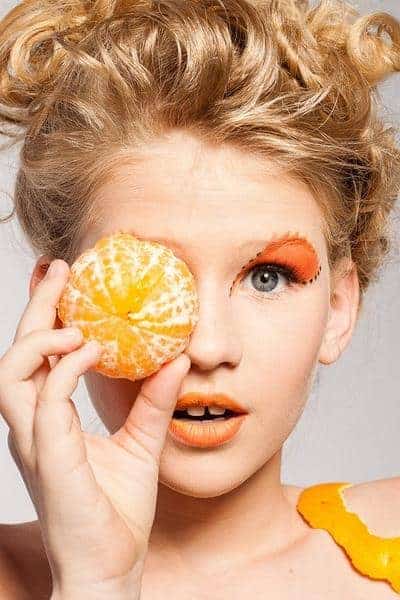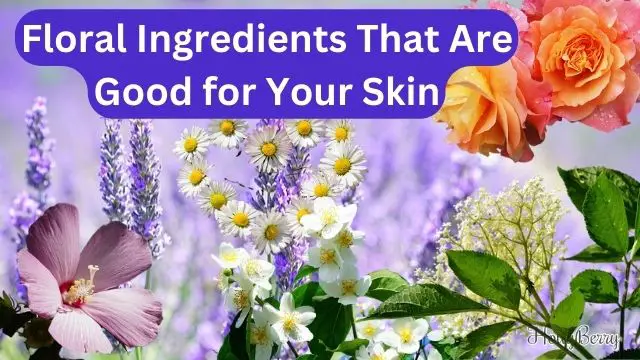
If you’ve ever taken a quiz on your favourite flower and realized that it was only right for your allergies or skin, then this post is for you. I’ll be going over 10 of my favourite flowers and explaining why they’re good for skin health. Some of them may surprise you!
Ingredients derived from flowers
Flowers are a source of many ingredients, including petals and nectar. They can also be used for perfume and soap, as well as food (such as rose petal jam) and medicine (rosemary extract). Flowers have been used in cosmetics for centuries—the French used them to make rouge or lip glosses!
1. Chamomile

Chamomile is a flowering plant that can be used in tea, oil, or powder form. It’s been used for centuries as a sedative and antidepressant. It has been shown to have anti-inflammatory properties and helps reduce stress levels by increasing your body’s production of serotonin, which helps you sleep better at night.
Chamomile has also been shown to contain high levels of vitamin C, so it’s another reason why it makes sense for your skin health!
2. Rose
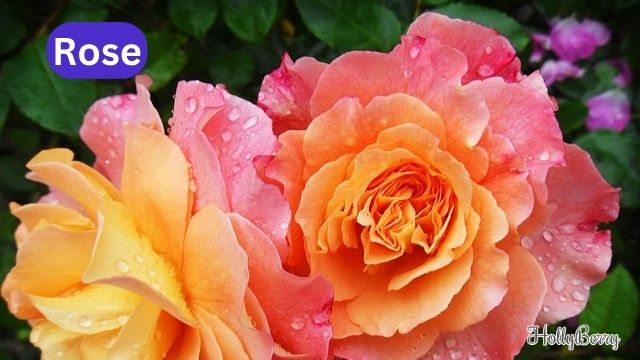
Rose is a flower that is known for its beauty and scent. It’s commonly used in cosmetics, fragrances, and skincare products because of the essential oils it contains—both the fragrance (which can be volatile or nonvolatile) and the potency of the whole plant. Rose essential oil has been used in traditional medicine to treat skin conditions like eczema, acne, and psoriasis.
3. Lavender
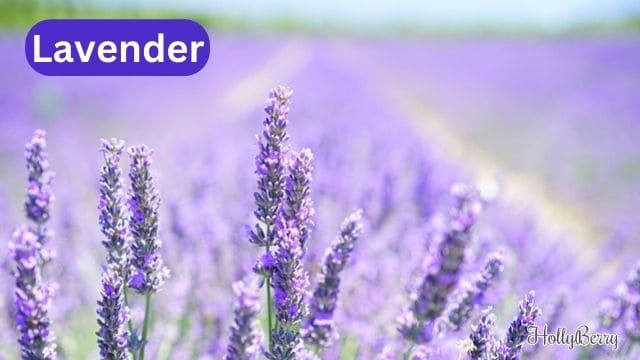
Lavender is a powerful anti-inflammatory, which means it can help soothe your skin. Lavender is also an antiseptic, meaning it kills germs and viruses on contact.
It’s worth noting that some people may be sensitive to lavender due to allergies or other problems like asthma. If you have any concerns, talk to your doctor before using any new product in order to find out if there are any side effects associated with this ingredient!
4. Jasmine
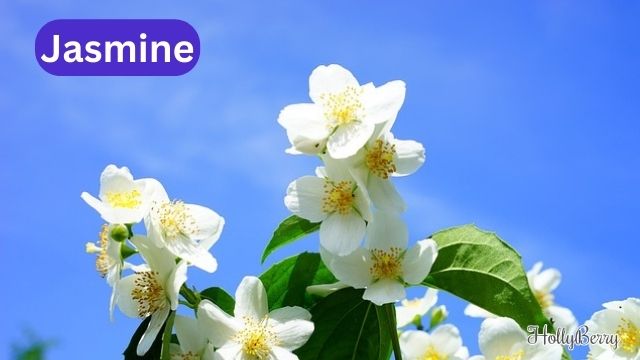
Jasmine is a tropical shrub that is native to India and China. It has a sweet, floral aroma that is often used in perfumes and incense. Jasmine essential oil can be used in many different ways, including as an anti-inflammatory agent for the skin.
5. Calendula

Calendula is a flower that has been used as an ingredient in many skin care products. It has been proven to be effective in treating skin conditions like sunburn, acne, and dry skin.
A study published in the Journal of Dermatological Science revealed that calendula extract helps treat dermatitis (a type of eczema). This is because it contains anti-inflammatory properties which help reduce redness and irritation on the skin caused by inflammation.
6. Hibiscus
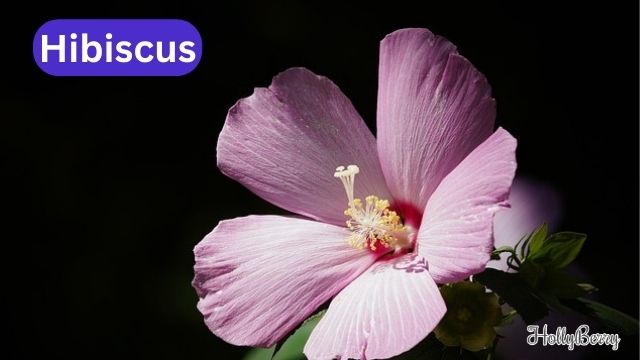
Hibiscus is a flowering plant that’s used to make tea. It’s high in antioxidants, which help reduce inflammation and can be used as a skin toner to help reduce acne and other skin issues.
7. Daisy

Daisy is a flowering plant that belongs to the sunflower family. The flowers are known for their beautiful pink colour and sweet scent, but they also contain vitamins A, B, and C as well as antioxidants that help protect against free radicals in your body.
Daisy extract has been used for centuries as a skin toner because it can help reduce the appearance of acne or blemishes on your face.
It’s also great for people who have oily skin or rosacea because it helps control excess oil production from these conditions by keeping pores clean and unclogged so bacteria cannot build up under your surface layers of skin like they would if there was no such thing as “clearing” acne products (which are generally just moisturizers designed specifically for this purpose).
8. Elderflower
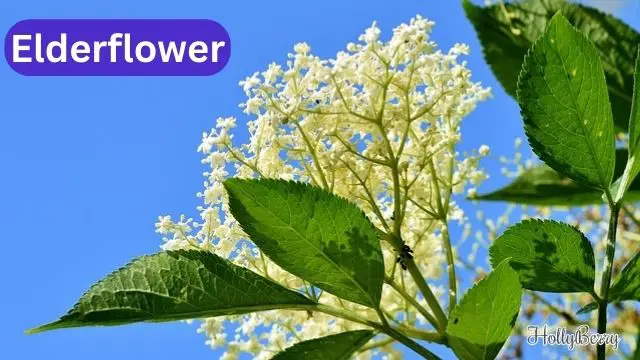
The elderflower is a flowering shrub that has been used for centuries to make a flower cordial and to make tea, tinctures, and other herbal remedies.
The name “elder” comes from its ability to retain moisture in its leaves, which can help prevent dry skin conditions like eczema or psoriasis. It also contains antioxidants that help protect the body against free radicals—the invisible particles that damage cells and cause inflammation when they enter the body.
9. Violet
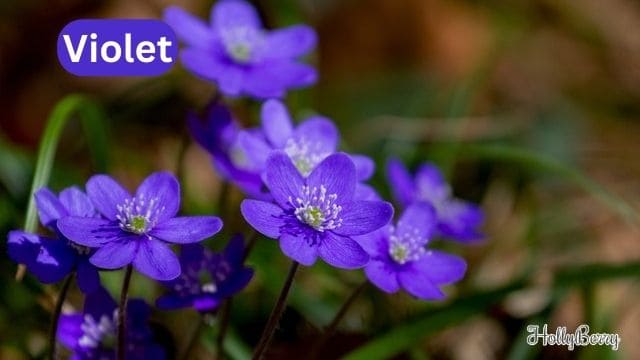
Violet is a flower that has many uses, including perfumes and cosmetics. It’s also used in skin care products to treat acne and eczema because of its anti-inflammatory properties.
Violet contains phenols (fruits), flavonoids (flowers), fatty acids, sterols, saponins, and tannins which all work together to help soothe your skin!
10. Narcissus
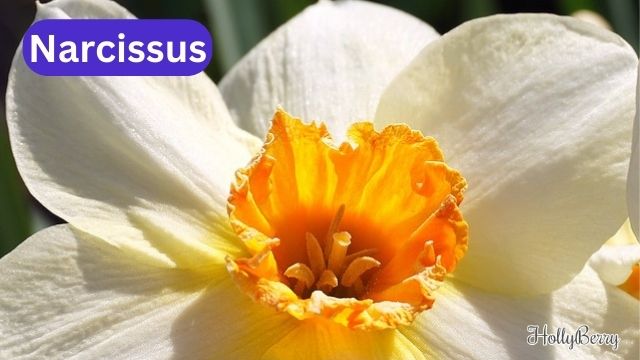
Narcissus is a genus of flowering plants in the amaryllis family, native to the Mediterranean region and southwestern Asia. It is named for a youth in Greek mythology who fell in love with his own reflection.
Narcissus bulbs are often used as an accent plant in flower gardens because they are easy to grow, drought resistant, and can be grown indoors or outdoors. They make great cut flowers too!
They are all good for your skin health
The ingredients are all good for your skin health. They contain antioxidants, essential fatty acids, vitamins, and other nutrients that help keep your skin healthy.
The formulation of personal care and cosmetic items primarily utilizes flower materials.
Floral ingredients play a major role in the formulation of personal care and cosmetic products. They are used for their unique properties, including their antioxidant and antibacterial properties, which can help protect your skin from damage caused by free radicals.
Floral ingredients also have therapeutic properties that may be beneficial to your skin health. You’ll find floral ingredients in many different types of products: moisturizers, cleansers, body washes and lotions; hair care products like shampoos and conditioners; makeup items like mascaras or foundations; sunscreens; insect repellents like DEET-based sprays (these generally contain only 1% DEET).
Conclusion
Floral ingredients are a great way to add a little bit of something extra to your skincare routine. They come in all sorts of different forms, from extracts or essences to actual flowers. And if you’re looking for a way to help your skin look and feel its best, floral ingredients are a great option!
In this article, I’ve provided some information on the most common types of floral ingredients (such as lavender oil and rosewater), their benefits, and how they can be used in skin care products without having any negative effects on your skin’s health when used properly. So let’s get started!

